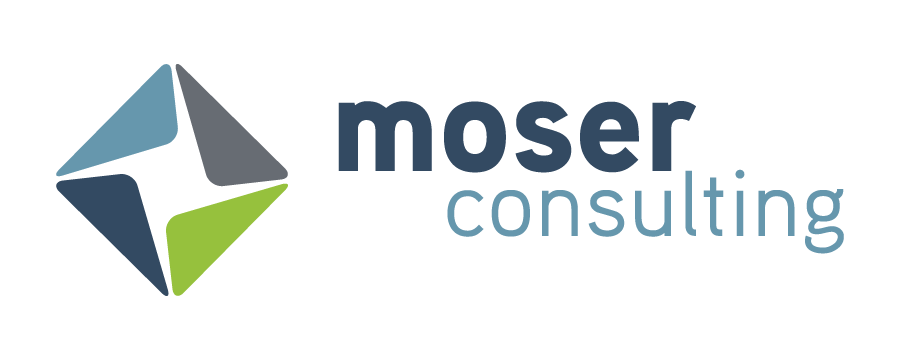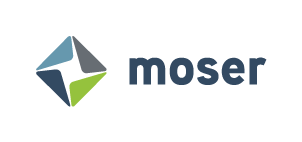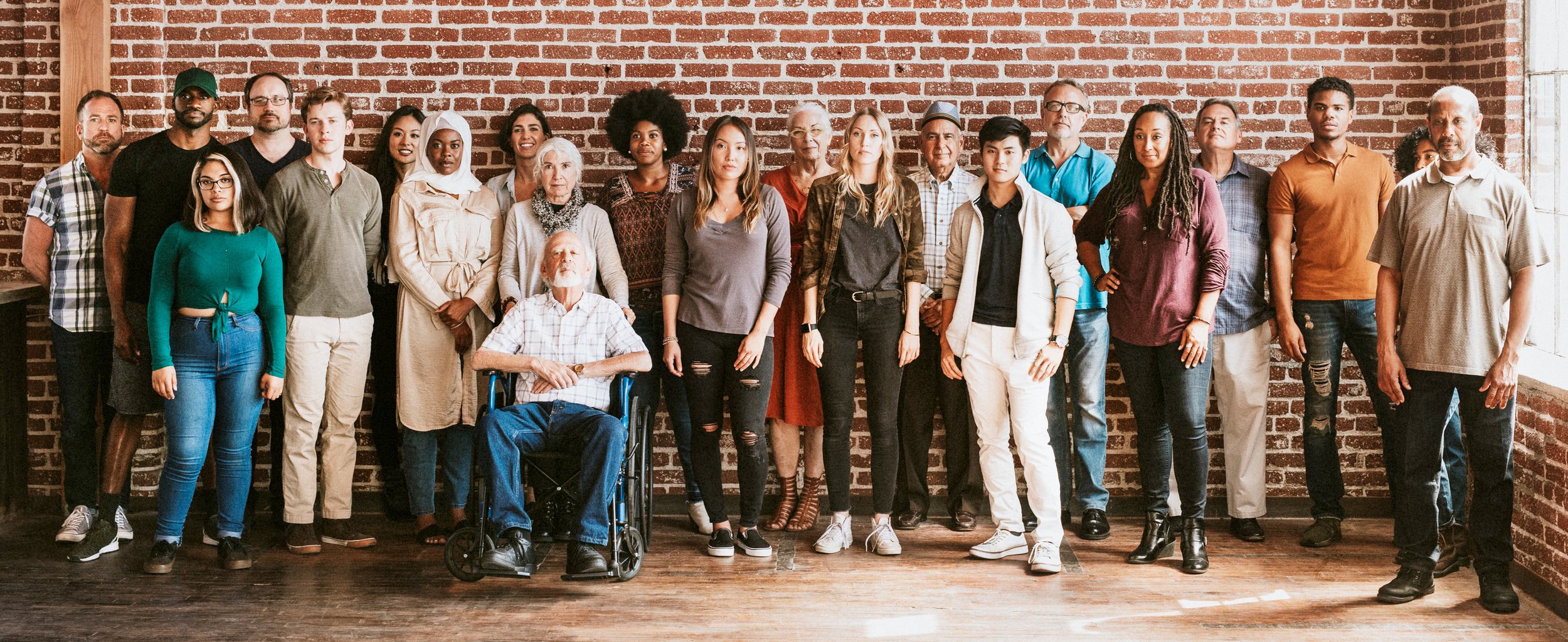
Moser Learning Blogs:
Guidance from Our Subject Matter Experts
Tags
- Acceptance
- Adversity
- Belonging
- Charity
- Coaching
- Community
- Compassion
- Conflict Management
- Continuous Learning
- Corporate Culture
- Customer Experience
- DEIB
- Data-Driven Learning
- Diversity
- EQ
- Education
- Emotional Disabilities
- Emotional Support
- Empathy
- Enhanced Utilization
- Equity
- Facing Adversity
- Fatherhood
- Gap Report
- Growth
- Handling Change
- Hiring
- Human Centric Skills
- Inclusion
- Intellectual Disabilities
- Job Benchmarking
- Job Candidates
- Job Standards
- Knowledge
- LMS
- LMS Reporting
- Leadership
- Learner Performance
- Learning
- Learning Management System
- Neurodivergent
- Neurodiversity
- Personalized Learning
- Philanthropy
- Problem Resolution
- Project Execution
- Project Management
- Project Outcomes
- ROI
- Resiliency
Diversity, Equity, Inclusion, & Belonging (DEIB)
In the corporate world, the terms diversity, equity, inclusion, and belonging (DEIB) have become common. They are often used in meetings, seminars, and mission statements, but the real challenge lies in moving beyond buzzwords and addressing the fatigue that can accompany these concepts. To truly foster a diverse, equitable, inclusive, and belonging culture, organizations and individuals must go beyond the surface and actively engage in meaningful actions and discussions.
Neurodiversity
It’s a term we hear more often now. Neurodiversity. But what does it mean? There are many different and complicated definitions. Simply put, it’s a word used to describe the unique way a person’s brain works. Being neurodivergent means that your brain functions a little differently than someone with a neurotypical brain. This can mean anything from conditions like ADHD, cognitive delays, autism, dyslexia, or many other variations of the human brain.
Diversity, Equity, Inclusion & Belonging Training: Unlocking the Potential of Your Organization
Diversity, Equity, Inclusion & Belonging (DEIB) has become a significant topic in the workplace. While it may seem like another buzzword, it is essential to recognize its importance for a successful workplace culture. Despite the complexities related to diversity issues, most candidates recognize the significance when researching a company and during the interview process. However, the question remains, how do organizations ensure progress towards DEIB is achieved? The answer lies in diversity and inclusion training to provide teams with the knowledge to create cohesive and positive work environments. This training allows companies to unlock the potential of their employees through greater awareness and understanding of how their actions may impact others.




